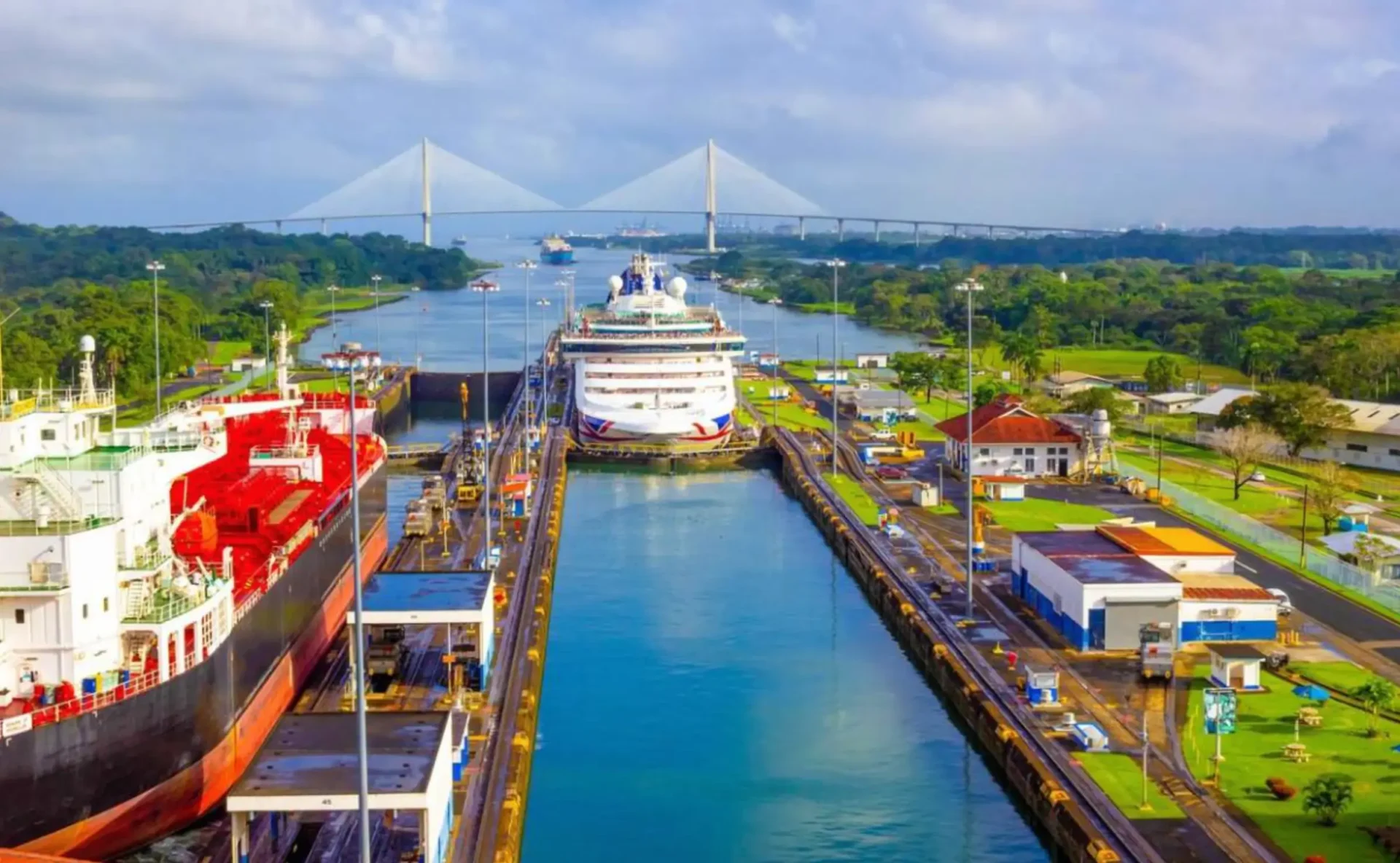It is not original to think of politics as a theatrical performance. The metaphor works because everyone understands it. The spectacle evolves as humanity, its arts and techniques change. The novelty is in accordance with these transformations and its greater or lesser adaptation is a function of the speed and scope of the changes. Nowadays, the virtual stage machinery spread all over the world at enormous speed offers a way of doing politics to which people are gradually becoming accustomed. Short messages, just a couple of sentences that address a moderately well-known issue, with a strong emotional component and instantly catapulted to millions of people, is what works.
Among the many characters that have shaped the current Kakistocracy (government of the worst) Donald Trump is undoubtedly the most relevant because he belongs to the hegemonic country beyond comparison. He is a figure who, four years after he left power by surreptitiously encouraging a popular rebellion for not recognizing the mandate of the ballot box, on January 20, will once again take office. His great argument to achieve electoral triumph was articulated around four letters —MAGA— that summarize four words —Make America Great Again. A simple wink capable of dragging and inspiring multitudes alienated by the different economic crises and by the socio-cultural evolution of the last few years.
But not everything is political marketing, nor are the slogans mere stimulators of emotions. Behind the text there is always a story, an argument. Those who thought it was simply a gimmick did not want to perceive the deep meaning of the offer of a project for the recovery of imperial greatness. Today, all of a sudden, many people are faced with an uncomfortable reality and are astonished to hear the proclamations they read in history books. Was not the Panama Canal the most evident proof of Manifest Destiny? Was not the precedent slogan of America for the Americans nothing but the seal of entry into history with dramatic consequences for the neighborhood? Was not the Big Stick the mechanism to impose the will over agreements, over negotiation?
On the other hand, politically speaking, according to the reading made by the Trumpists, the weakness of apparently fragile presidents such as the Democrat Jimmy Carter should be definitively buried in history as ignominious. It is now a matter of recovering the unmistakable sign of global leadership. The rescue of control of the Panama Canal is par excellence the great symbol of this. As it was always and should never have ceased to be, according to their prayers.
Why be surprised then at the recent threat made by the president-elect and even more so if in the same context the claim to Greenland is formulated, a territory that, unlike the Canal, was never U.S. territory? When the international order has been undermined for so long and its deterioration has worsened in recent times, the present law of the jungle facilitates all kinds of outbursts, especially if they are proclaimed from the proscenium. The spectacle undermines confidence and prepares the ground for the worst.
Panama gained its independence from Colombia in 1903 after one more of the numerous civil wars between liberals and conservatives. However, the intervention of the United States was decisive. This was reflected in the signing of an expeditious treaty that gave the green light to the construction of the inter oceanic canal, giving continuity to the work begun a couple of decades earlier by the French, something that Colombia would never have accepted under the proposed conditions.
A little more than 70 years later, the government of Omar Torrijos channeled the long-standing demand of broad sectors of Panamanian society to reclaim sovereignty over the canal and the security strip that was in the hands of the United States. On September 7, 1977, Torrijos and Jimmy Carter signed the treaties that entered into force a year later after they were narrowly approved by the U.S. Congress. The consequence was the U.S. exit from the country on December 31, 1999, with the consequent recognition of Panamanian sovereignty and its capacity to administer the Canal.
The Canal was not only an opprobrium for Panamanian society, but for decades it also served in the Latin American imagination as a symbol of American colonial power. Intellectuals of the first third of the 20th century such as José Enrique Rodó, Rubén Darío, José Vasconcelos and Víctor Raúl Haya de la Torre gave a good account of the situation by openly denouncing it and demanding U.S. withdrawal. For its part, the U.S. government consolidated its presence more solidly, with the Canal and its surrounding area being decisive during World War II. The establishment there of the Southern Command and the School of the Americas also had dramatic effects on the expansion of the national security doctrine in the region and the consolidation of the authoritarian regimes that undermined it between 1960 and 1980.
Panama is one of the weakest links in the chain of increasingly contested globalization that MAGA now directly threatens to achieve its objectives. The nationalism on which it is based promotes the old and familiar imperialism in which new-style interventionism is presented as the inevitable corollary. Today the excuse is the mistreatment of U.S. interests due to the high tariffs on ships flying its flag and the alleged favorable treatment received by China. Both aspects are not contrasted with any kind of evidence. The power of social networks prepares the ground to support the lawsuit by stirring up patriotic honor. It is also a strategy that serves to soften the trauma and to strip things of any kind of drama that the exhibition, no longer theatrical but real, could entail. Elon Musk, the inseparable and recent friend of Ronald Trump, will facilitate the process.
This is no time for silent spectators and banal digital activism. History is written every day and its links are sometimes built with small gestures. Silence is usually one of them, but also, in the opposite direction, denunciation, repudiation and explicit manifestation. Not only sovereignty is inalienable, but also the very varied mechanisms that make the administration of the Canal viable daily by expert and professional hands, as has been demonstrated throughout exactly the last quarter of a century. It is a time of pride and of repudiation to the interference driven by megalomaniacs.
*Machine translation proofread by Janaína da Silva.













